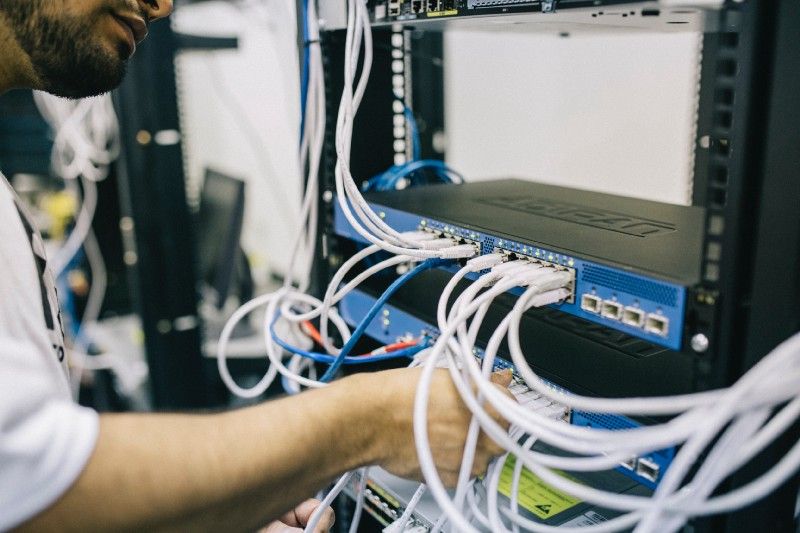 Any kinds of proxies help you to get access to the online information anonymously. This is so obvious to raise a question on your mind that if any proxies help to hide the user’s information, then why different people demand different proxies like datacenter proxies or residential proxies?
Any kinds of proxies help you to get access to the online information anonymously. This is so obvious to raise a question on your mind that if any proxies help to hide the user’s information, then why different people demand different proxies like datacenter proxies or residential proxies?
In a simple answer, not all the users’ objectives are the same. Some users want to get access to the restricted websites like Netflix, Youtube, adult websites. Some users want to keep their real IP confidential so that browsed websites cannot get any user’s footprint.
Let me clarify a little bit more about the proxies so that you can choose the perfect one for you, there are two main proxies are available in the market one is datacenter proxies, and another one is residential proxies.
What are Datacenter Proxies?
Datacenter proxies are completely separate from your home IP or IP provided by your local Internet service provider (ISP). Datacenter proxies serve protection from the cloud servers by the secondary companies, these datacenter proxies let you access the blocked content from another geo-location and keeps your personal data secrets from any cookies tracker.
Anyways, don’t be so happy to hear all of these because these days, the target websites are much smarter than you think, they are using IP databases or Machine Learning systems to detect proxies and block them immediately. Some websites pre-block all the datacenter proxies, and several popular companies provide completely private proxies that are not flagged by the target websites, but the price would be a bit expensive.
What are Residential Proxies?
Residential proxies are the most secure proxies provided by the Internet Service Provider or ISP to you as a homeowner. That means your IP will be masked with the real IP of a real place. Wherever location you will get shifted, you will always get a real IP by the ISP.
As a result, the targeted website detects your IP as a real user and location so, it will be impossible to flag your IP from accessing the protected content and scraping big data from the web.
Residential Proxies
Residential proxies most of the time are proxies made out of real user’s connections, so the connection is shared among others but its usually kept secure, the great advantage residential proxies have is that they allow you to easily bypass any geo-location block or even allow you to bypass any rate limiting if you need it for scraping. There are many uses for these proxies but usually its to scrape data fast, reliably and without any interruption.
Difference between Datacenter and Residential Proxies:
Probably you got a rough idea about both of the proxies by reading the definition. Now, let me tell you the main distinctions between them to narrow your buying decision.
- Protection
- Speed
- Pricing
- Reliability
- Uniqueness
Which proxies should you choose?
Comparing all the advantages and disadvantages now, let’s come to the main point, which proxy should you choose? The main differences between both of the proxies are speed, pricing, and security.
As residential proxies are mostly undetectable by the target websites, that’s the reason people usually use them for harvesting big amounts of data. Residential proxies shield you from leaving any footprints on the internet.
With residential proxies, you will get the exact benefits like the resident of that country are getting. For example, if you want to access data from the United States, you need to buy American proxies, and then your and an American citizen’s data access capability would be the same. Therefore, datacenter proxies are ideal for accessing geo-based blocked content and browse content anonymously. However, if you have good technical knowledge, then you may not need residential proxies as well as you will get faster browsing with datacenter proxies.
We still recommend the use of budget residential proxies to avoid account suspension. Datacenter proxies also work fine if you need to use faster proxies from a proxy provider like SpeedProxies.